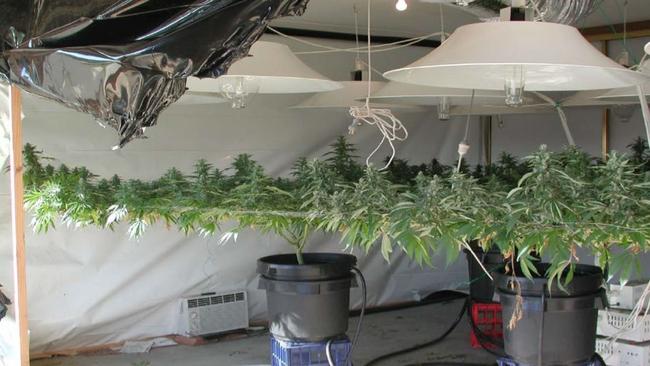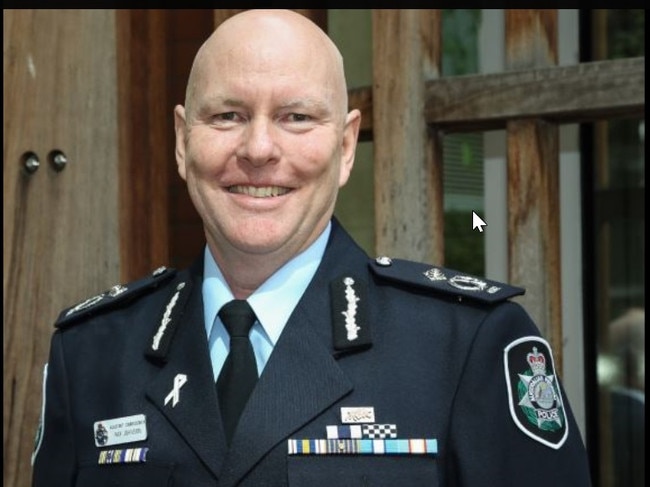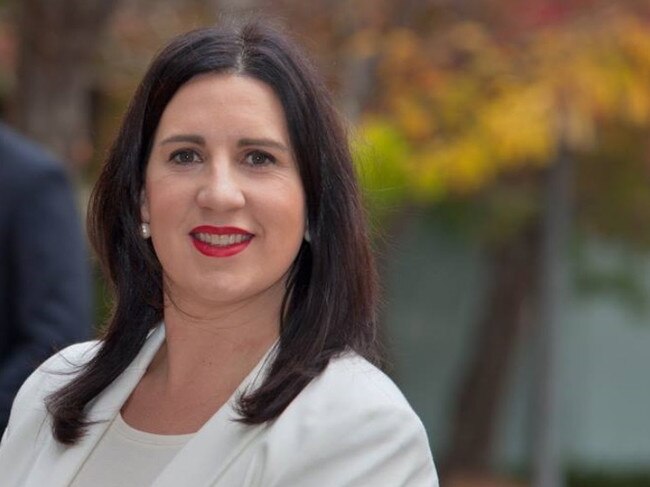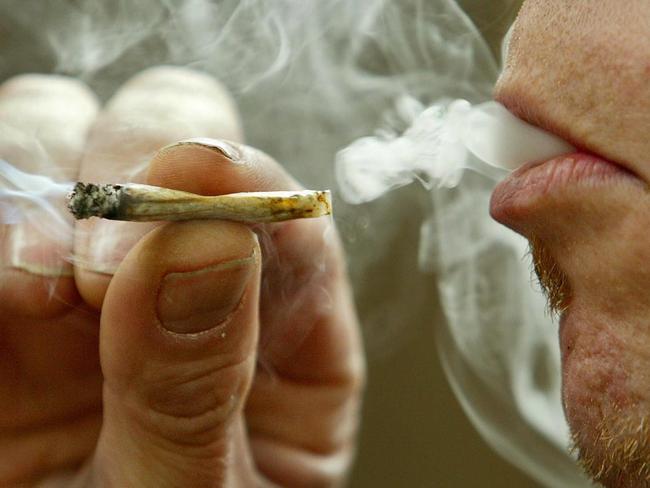Positive roadside drug tests double, police data reveals
The Canberra Star has obtained police data which reveals the number of drivers returning positive results to roadside drug tests has doubled over the last three years in the ACT.

Canberra Star
Don't miss out on the headlines from Canberra Star. Followed categories will be added to My News.
- Canberra’s fastest growing schools
- Capital soft target for bikies
- Canberra school’s student-teacher ratios
- High end hotel boom
The number of drivers testing positive to roadside drug tests in the ACT has doubled in the last three years, according to police data obtained exclusively by The Canberra Star.
The Star has also obtained figures which reveal the cost of carrying out a roadside drug test is $282 — double the cost of a roadside breath test — reigniting debate over plans to legalise cannabis in the capital.
ACT Police data shows there were 1004 positive roadside drug tests in 2018-2019, up from 503 in 2016-2017 and 556 in 2017-2018.
The drugs drivers tested positive to, from most to least common, were methamphetamine, cannabis and MDMA.

ACT Labor MLA Michael Pettersson has put forward a bill, which is set to go back to the Legislative Assembly for a vote on September 25, which would legalise the personal use and possession of up to 50 grams of cannabis and allow individuals to cultivate up to four cannabis plants (excluding artificial cultivation).
The Canberra Liberals have raised concerns the proposed laws would increase the cost to taxpayers as well as the workload on ACT Police who are responsible for carrying out roadside drug testing and enforcement of drug offences.
The bill is aimed at bringing cannabis laws in line with global trends, bringing the ACT a step closer to having a cannabis market, reflecting the community’s shifting attitudes towards the drug and reducing the burden on the legal system.
The benefits of cannabis for medicinal use are well known and the The ACT Government insists the territory will maintain a “zero-tolerance” approach to drug driving.

However, ACT Police have raised a multitude of “practical concerns”, mainly the creation of “ambiguity” and “tension” for police dealing with possession and cultivation of cannabis, which would remain illegal in the ACT by effect of Commonwealth Law.
Mr Johnson warned users caught with small amounts of the drug could face bigger fines and jail time as access to existing options for diversion away from the criminal justice system would be removed.
Users would face an $8000 fine or two years behind bars under Commonwealth legislation, which would invalidate the territory’s laws under the Constitution.
Currently ACT police favour drug diversion schemes and on-the-spot fines of $100 for possession of small quantities, to keep people away from the court system.

Mr Johnson also warned the legislation would provide “a greater incentive for serious and organised crime involvement in the cultivation of cannabis” and reduce the risk to “crop sitters” — small scale growers who supply cannabis to outlaw motorcycle gangs.
During a search warrant, police uncovered a sophisticated hydroponic cultivation where suspended wires had been used to grow commercial quantities of the drug from just two cannabis plants.
Recent investigations have shown money obtained from growing and selling cannabis has bankrolled the importation of harder drugs like heroin and methamphetamine, Mr Johnson wrote.
The bill would “not positively address the risk of road trauma in our community as a result of impaired driving — one of the fatal five factors known to disproportionately contribute to serious motor vehicle collisions”.

Shadow ACT police minister Giulia Jones said the current laws “strike the right balance” in protecting the community by decriminalising possession of small amounts of the drug for personal use while still making it unlawful.
“Those in breach receive a penalty similar to a speeding fine,” she said.
“There are many unanswered questions about the validity of these (proposed) laws and the inconsistencies between existing commonwealth law.
“Legalising cannabis in this way will also have implications on the workloads of our police, particularly as it relates to policing drug driving.
“Not only have we seen rapid increases in the amount of drug driving in recent years, but drug testing requires substantially more police time and resources, and costs the taxpayer much more than it does to conduct standard alcohol breath testing.
“How are police expected to deal with this increased workload?”

An ACT Government spokesman said the proposal has no impact on drug driving laws and the Government would not consider any reform designed to encourage cannabis use.
“In line with other Australian jurisdictions, the ACT has a zero-tolerance approach to drug driving,” he said.
“The ACT Government will continue to collaborate with ACT Policing on addressing the road safety risks associated with drug driving, will continue to monitor developments in this area and consider national and international developments and evolving strategies to manage the road safety risks posed by impaired driving.”
He said the Canberra Liberals had once again demonstrated their “conservative” stance on drug law reform.
“There is no evidence to suggest the changes put forward by Mr Pettersson would increase drug driving,” he said.

The ACT Government’s $33.9 million commitment in the 2019-2020 ACT Budget would fund 69 more operational and support staff over the coming years.
“This work is ongoing and the ACT Government will continue to work closely with ACT Policing to ensure they are adequately resourced,” he said.
In June, the inquiry into Mr Pettersson’s Drugs of Dependence Personal Cannabis Use Amendment Bill made 16 recommendations including that the bill be supported.
It also recommended the “ACT Government intervene in any prosecution by the Commonwealth of ACT residents who cultivate or possess cannabis … to defend the intent of the bill”.
Also that it work with ACT Policing to adopt a cannabis drug driving test that determines impairment.

Unlike the tiered structure of penalties for those caught driving under the influence of alcohol, drug tests simply determine whether there is a presence of cannabis in the driver’s system rather than whether they can drive safely.
Australian Federal Police Association president Angela Smith said there is currently no measure of “inebriation or impairment” for drug driving.
“Random Breath Testing is an extremely cheap and quick to carry-out process in comparison to drug driving tests,” she said.
The increase in drug detections on ACT roads was accompanied by an increase in the number of tests conducted from 2466 in 2016-2017 to 3769 in 2017-2018 however a figure was unavailable for 2018-2019.
Positive roadside breath tests also increased over three years, from 941 in 2016-2017 to 1121 in 2018-2019.
The number of RBT’s carried out over this period increased 84,226 to 97,885.
